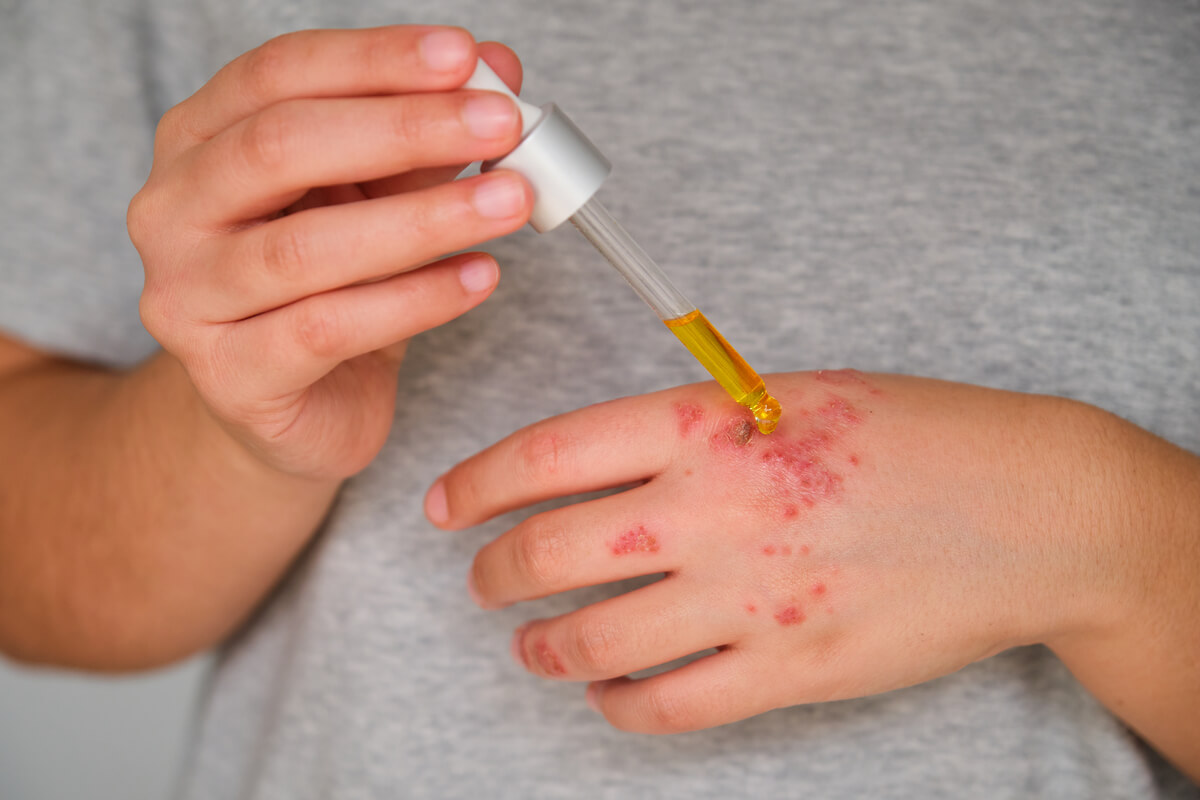Makeup Tips for Eczema Sufferers: Look Great Without Irritating Your Skin
Living with eczema can be challenging, especially when it comes to wearing makeup. You want to look your best, but you’re worried about triggering a flare-up or exacerbating your symptoms. Don’t fret! With the right approach, you can enhance your natural beauty without compromising your skin’s health. Let’s explore some practical makeup tips tailored for eczema sufferers in the UK.
Understanding Eczema and Makeup
Before we dive into specific tips, it’s crucial to understand how eczema and makeup interact. Eczema, also known as atopic dermatitis, is a condition that causes the skin to become inflamed, itchy, and dry. When applying makeup, you need to be extra cautious to avoid irritating your sensitive skin.
Choosing the Right Products
Non-irritating Cosmetics
When it comes to makeup for eczema-prone skin, mineral-based products are often a good choice. These typically contain fewer irritants and can be gentler on your skin.
Look for Hypoallergenic Labels
Choose products labelled as hypoallergenic, fragrance-free, and non-comedogenic. These are less likely to cause irritation or clog your pores.
Avoid Known Irritants
Steer clear of products containing alcohol, fragrances, and preservatives like parabens, which can trigger eczema flare-ups.
Foundation and Concealer
Liquid Formulas
Opt for liquid foundations and concealers rather than powder-based ones. Liquids are less likely to dry out your skin and can provide better coverage for redness and uneven skin tone.
Colour Correction
Green-tinted concealers can help neutralise redness before applying your foundation.
Eye Makeup
Hypoallergenic Mascara
Choose a hypoallergenic mascara to reduce the risk of irritation around your eyes.
Cream Eyeshadows
Cream eyeshadows are often more gentle than powder formulas and less likely to flake onto sensitive skin.

Prepping Your Skin
Gentle Cleansing
Start with a clean canvas. Use a gentle, fragrance-free cleanser to remove any dirt or oil without stripping your skin of its natural moisture.
Moisturise Thoroughly
Lock in Hydration
Apply a rich, fragrance-free moisturiser to damp skin to lock in hydration. This creates a barrier between your skin and makeup, reducing the risk of irritation.
Allow Absorption Time
Give your moisturiser ample time to absorb before applying makeup. This prevents pilling and ensures a smoother application.
Consider a Primer
A gentle, silicone-free primer can create a smooth base for makeup application and help it last longer without irritating your skin.
Application Techniques
Gentle Touch
Use Clean Tools
Always apply makeup with clean hands or freshly washed makeup brushes to avoid introducing bacteria to your sensitive skin.
Pat, Don’t Rub
When applying products, use a gentle patting motion rather than rubbing or dragging across the skin. This minimises irritation and helps prevent flaking.
Building Coverage
Start Light
Begin with a thin layer of foundation and build up coverage only where needed. This allows your skin to breathe and reduces the risk of clogged pores.
Spot Conceal
Use concealer sparingly, focusing on areas that need extra coverage rather than applying it all over.
Removing Your Makeup
Gentle Makeup Cleansing
Proper makeup removal is crucial for maintaining healthy skin, especially if you have eczema.
Oil-based Removers
Consider using an oil-based makeup remover, which can be gentler on your skin and effectively remove even waterproof products.
Micellar Water
Micellar water is another good option for removing makeup without harsh rubbing or rinsing.
Double Cleansing
First Cleanse
Use your makeup remover of choice to take off the bulk of your makeup.
Second Cleanse
Follow up with your regular gentle cleanser to ensure all traces of makeup and impurities are removed.
When to Seek Professional Help
While these tips can help you manage your eczema while wearing makeup, it’s important to consult a dermatologist if you’re experiencing persistent flare-ups or severe symptoms. They can provide personalised advice and may recommend treatments to help manage your eczema more effectively.
Remember, everyone’s skin is different, and what works for one person may not work for another. Be patient with yourself as you find the products and techniques that work best for your skin. With a little experimentation and care, you can enjoy wearing makeup while keeping your eczema-prone skin happy and healthy.
